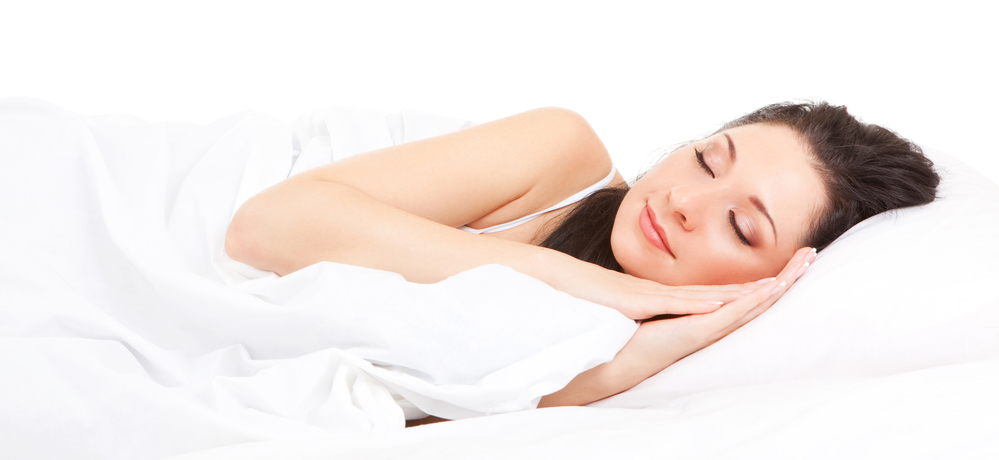239-259-8073
 Text Us Now
Text Us Now
121 South Barfield Drive,
Marco Island FL 34145
Schedule a Consultation
Schedule239-259-8073
 Text Us Now
Text Us Now
121 South Barfield Drive,
Marco Island FL 34145
Schedule a Consultation
Schedule
Sleep should be a restful time, with you waking up feeling refreshed and renewed each morning. But those with sleep disorders experience difficult nights and frustrating consequences. Sleep apnea treatment helps patients breathe easy throughout the night. If you have obstructive sleep apnea, an oral appliance will make a significant difference.
During sleep apnea, your airway becomes routinely blocked while you’re sleeping. This interrupts the oxygen flow to your brain. That lack of consistent oxygen can lead to serious health conditions in the long term. And on a daily basis, you don’t get enough sleep to feel like yourself. Sleep apnea sufferers are more likely to experience the following:

Many sleep apnea patients snore, but not all snorers have sleep apnea. With the number of symptoms that overlap, it’s tricky to distinguish between the two. Pay attention to the intensity of the symptoms below, and seek professional help if you’d like to treat either snoring or sleep apnea. While snoring may not have the same consequences as sleep apnea, it can still have a negative impact on your life. If any of these symptoms are lowering your daily level of happiness, medical intervention is wise:
There are two primary types of sleep apnea, OSA (obstructive sleep apnea) and CSA (central sleep apnea). While you may think a CPAP machine is in your future, that’s only necessary for CSA patients. OSA is far more common and also far easier to treat.
Obstructive sleep apnea occurs because tissue blocks your throat while sleeping. Effective appliances are custom-made to fit your mouth. They do one of the following to help keep your airway open:
Once you begin using your oral appliance, you will only need a brief adjustment period before you become comfortable. You’ll sleep better and night and feel more awake and aware during the day. Dr. Siegel will also help you decide whether you’d benefit from changing other habits that may impact your sleep disorder.
If any of the symptoms mentioned above sound familiar, seek help today.
